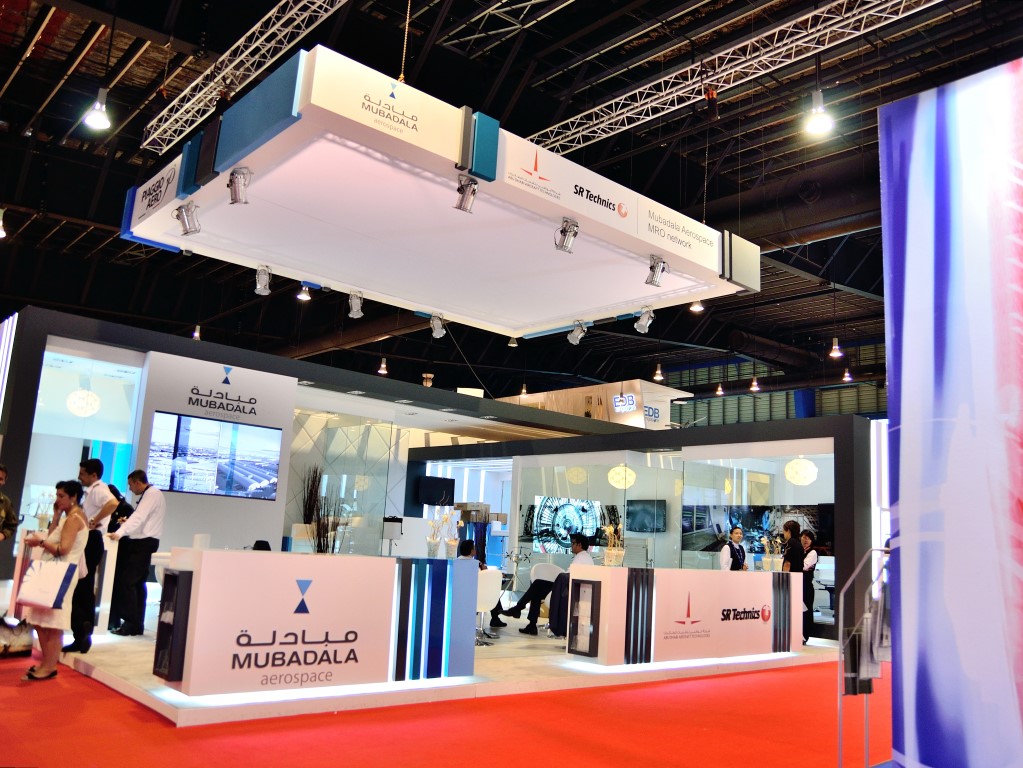Abu Dhabi’s Mubadala Investment Company is overhauling its structure and deploying capital to double in size to nearly half a trillion dollars in the next decade, a plan that will vault it into the top ranks of the world’s sovereign wealth funds.
With stakes in businesses from Reliance Industries Ltd’s retail unit to private equity firm Silver Lake, Mubadala was among a few sovereign investors that last year seized on opportunities from a dislocation in markets caused by the coronavirus pandemic.
To help achieve its target, Mubadala will put in place several structural changes later this month, the result of a review that began in 2019, according to a background note it provided to Bloomberg. The focus will be on technology, infrastructure, life sciences and other “future-oriented asset classes,” alongside continued investment in renewables and other clean technologies.
“We did not pause during the Covid pandemic, but kept investing according to our strategy,” Mubadala said.
Abu Dhabi, the capital of the UAE that’s home to almost 6 percent of the world’s oil reserves, is looking to the $232 billion fund to harness energy revenue and power broader development at a time when public finances are under strain from lower crude prices.
Doubling in size would turn Mubadala into the 10th largest wealth fund around 2030 and will require an annual growth rate of about 7 percent, Global SWF estimates.
Mubadala plowed $11.5 billion into new investments in 2020, or 51 percent more than the previous year, according to the New York-based adviser and data firm. By contrast, state funds overall invested almost a fifth less last year.
“The organisation will be pressured to drive the growth of the emirate in the years to come, bringing in diversification and sustainability,” said Diego Lopez, managing director of Global SWF.
 Diego Lopez, managing director of Global SWF (left) and Ahmed Al Calily, Mubadala’s chief strategy and risk officer
Diego Lopez, managing director of Global SWF (left) and Ahmed Al Calily, Mubadala’s chief strategy and risk officer
The fund said it’s reshaping its structure to focus on four business platforms: UAE investments, disruptive investments, direct investments and real estate and infrastructure.
Mubadala is also changing the way it reports its results. It eliminated categories such as annual revenue and net income, while shifting into multiyear benchmarking against long-term indexes similar to other sovereign entities, as well as beginning to develop a long-term ESG framework.
“This new structure aligns with our aspirations to grow significantly in the coming years, in key asset classes and important geographies,” said Ahmed Al Calily, Mubadala’s chief strategy and risk officer, who is also a member of the group’s Investment Committee.








